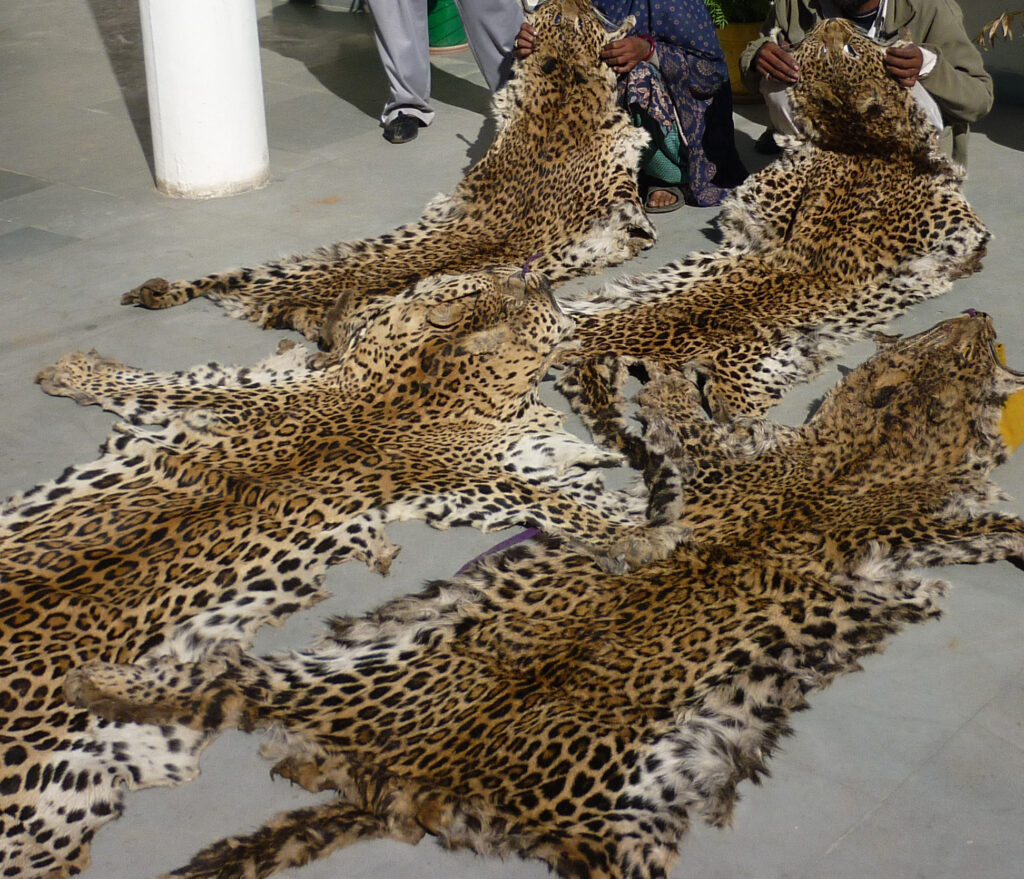Extinct animals and biodiversity loss in Nigeria
Habitat loss
The gradual decline of a lot of species is partially due to habitat loss. The swamps in the Nigerdelta aswell as the northern savannah regions have lost biodiversity due to habitat loss which can be appointed to the exploitation of natural recources such as timber, oil but also the killing of animals for their meat.
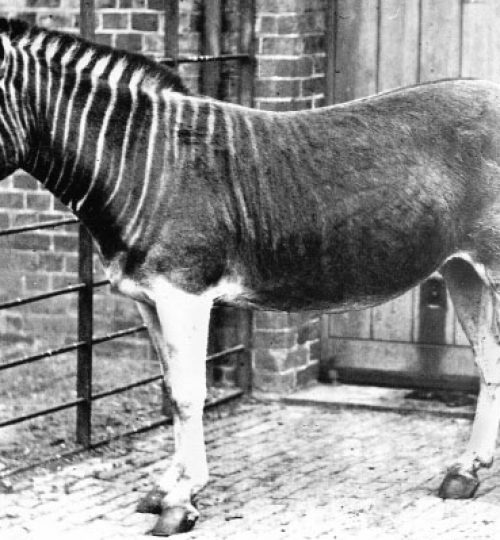
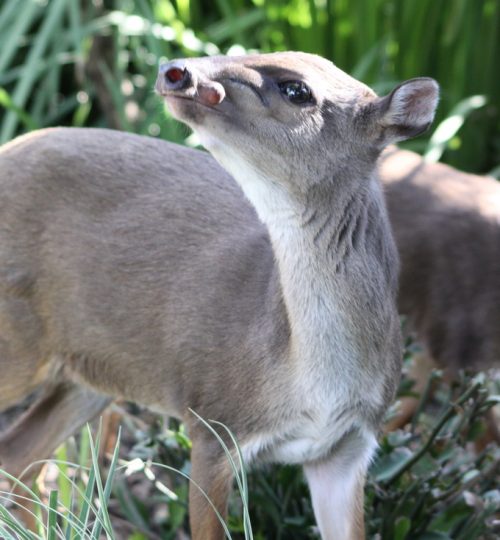
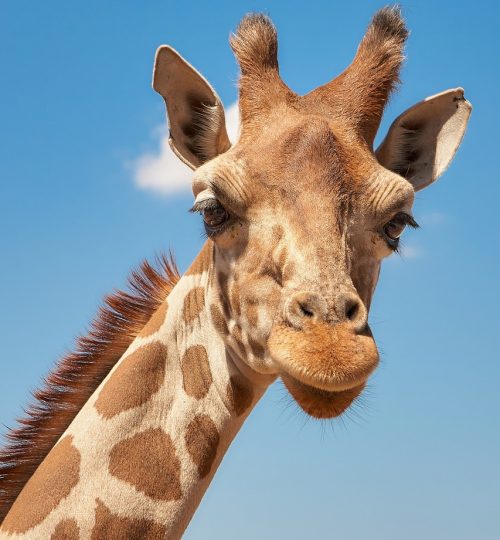
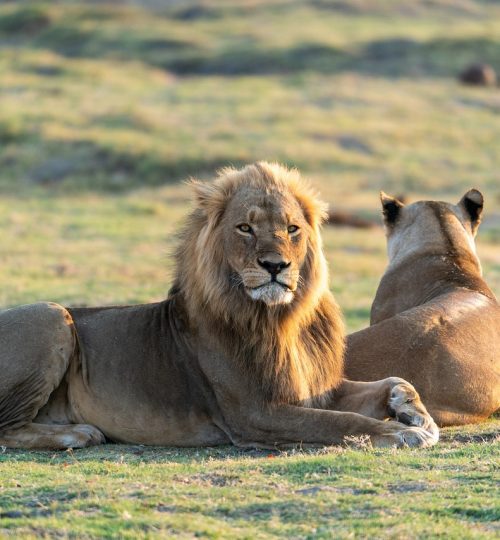
Nigeria is home to a diverse array of wildlife, including many species of mammals, birds, reptiles, and amphibians. However, like many other countries, Nigeria is facing significant challenges when it comes to protecting its wildlife. Habitat loss, poaching, and other forms of wildlife exploitation are among the main threats to Nigeria’s wildlife.
Extinct animals
There are several extinct animals that were native to Nigeria. Some examples include:
The West African black rhinoceros (Diceros bicornis longipes) was a subspecies of black rhinoceros that was once found in several countries in West Africa, including Nigeria. It is now believed to be extinct due to poaching and habitat loss.
The Quagga (Equus quagga quagga) was a subspecies of plains zebra that was once found in the grasslands of South Africa. It is now believed to be extinct due to hunting and habitat destruction.
The Bubal hartebeest (Alcelaphus buselaphus buselaphus) was a subspecies of hartebeest that was once found in the grasslands of North Africa and the Middle East. It is now believed to be extinct due to hunting and habitat destruction.
The Barbary lion (Panthera leo leo) was a subspecies of lion that was once found in the forests and savannas of North Africa. It is now believed to be extinct due to hunting and habitat destruction.
These are just a few examples of the many extinct animals that were once found in Nigeria. Unfortunately, due to human activities such as poaching, habitat destruction, and over-hunting, many species have become extinct or are on the brink of extinction. It is important for us to protect and conserve the remaining species to prevent further loss of biodiversity.
Deforestation
Deforestation is a major problem in Nigeria, as it is in many other parts of the world. The country’s forests are being cleared for agriculture, timber, and other uses, leading to the loss of habitat for many species of plants and animals, and contributing to climate change. In recent years, the Nigerian government has taken steps to address the problem, including enacting laws to regulate deforestation and promoting the use of sustainable land use practices. However, much more needs to be done to effectively address the issue and protect the country’s remaining forests.
If you want to learn more about the Nigerian climate and the consequences of climate change in Nigeria then make sure to check out nigeriaclimate.com
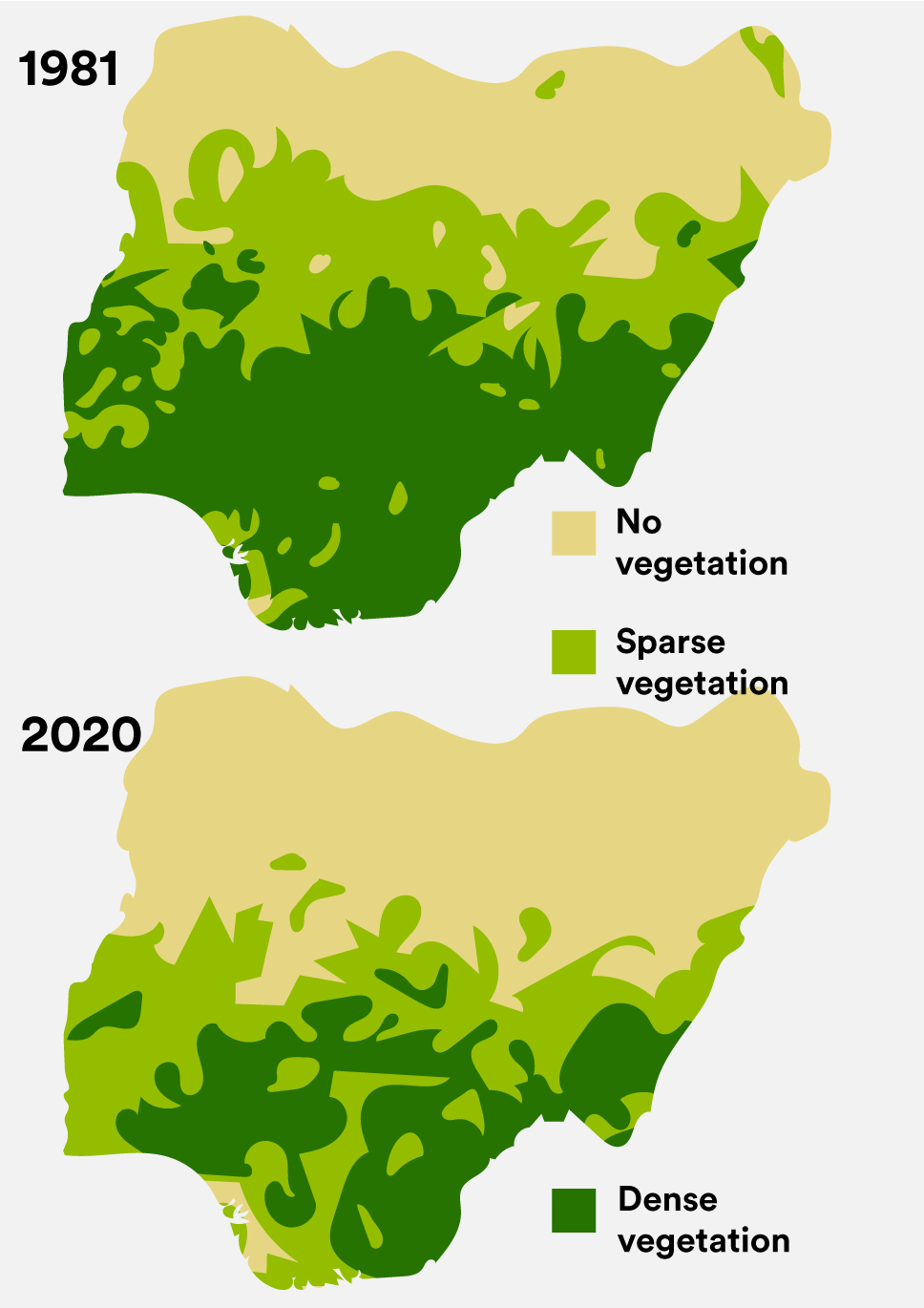
Deforestation Nigeria
poaching
Illegal hunting and killing of wild animals, known as poaching, is a major issue in Nigeria. This illegal activity can have serious consequences for both the specific species being targeted and the ecosystem as a whole. Furthermore, Poaching can lead to the decline or extinction of certain species, disturb the balance of the ecosystem, and have negative effects on the local economy and community. Some species that have declined due to poaching in Nigeria are: rhinos, elephants, chimpanzees, Cross River Gorillas and leopards.
Additionally, Poachers in Nigeria often target animals such as elephants, gorillas, chimpanzees, and various types of antelope and deer. They sell these animal parts on the black market, where they can fetch high prices. For example, ivory from elephant tusks is highly sought after, while gorillas and chimpanzees are often hunted for their meat.
Law enforcement
There are a variety of reasons why poaching is a problem in Nigeria, including high demand for wildlife products, weak law enforcement, and a lack of economic opportunities in certain areas. These illegal activities are often carried out by criminal networks that operate across national borders, making them difficult to track and prosecute. However, lack of law enforcement is the major issue of poaching, even after the arrestment of poachers, they are not prosecuted, hence it does not discourage poachers to stop.
In order to combat poaching in Nigeria, efforts have been made to increase law enforcement, raise awareness about the negative impacts of poaching, and support the development of alternative economic opportunities for local communities. Furthermore, conservation organizations and governments are working to create protected areas and implement other measures to help preserve Nigeria’s wildlife.
